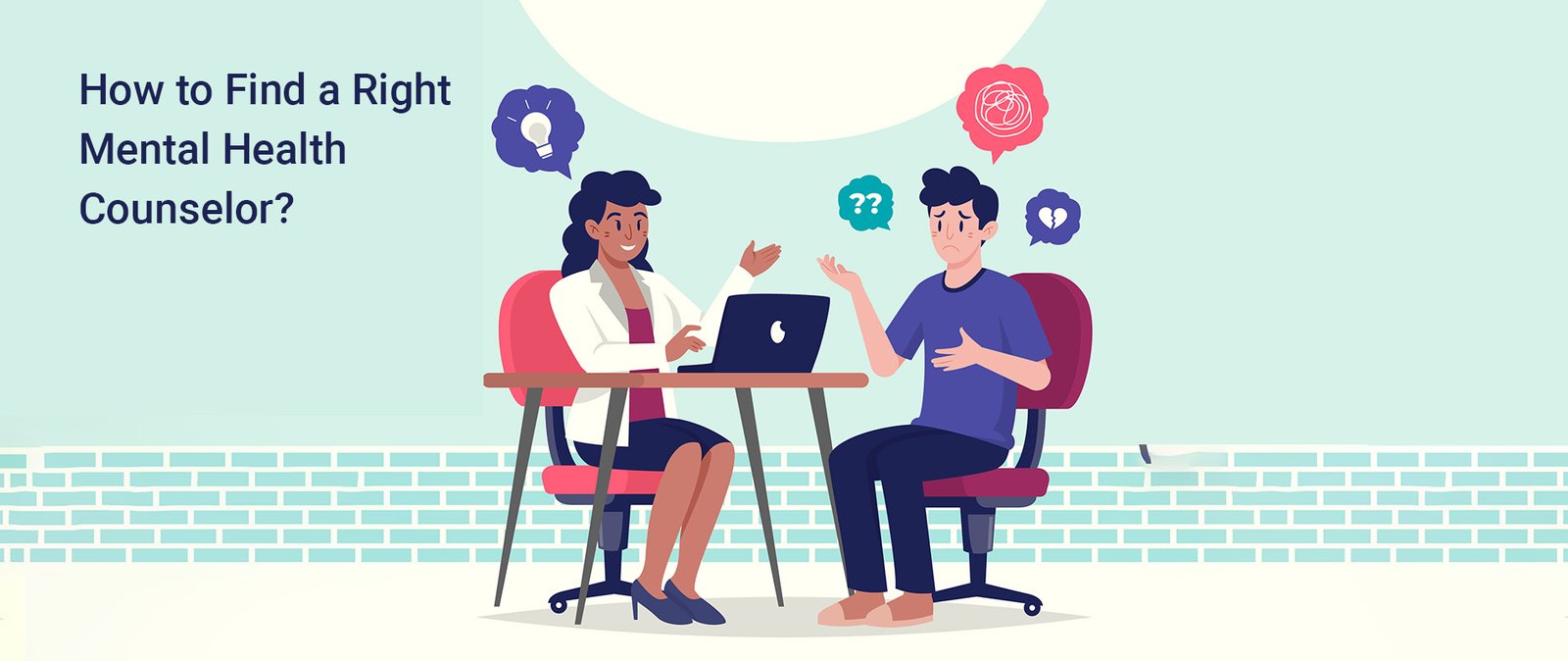This is a story of Pamela Taylor, a co-founder of ‘Dress for success’, the non-profit which helps disadvantaged women to build the skills they need to get jobs. She said in one of the TED talks that she got this inspiration because she herself was abused for years. She shares that she was attacked by her husband, often in public.
Let’s first understand the phrase ‘Domestic violence’ as two separate words. Domestic means within the realm of the household territory and violence means using physical force to hurt and cause damage. The very first step to overcoming domestic violence is learning about it. Many people are afraid to talk about it or sometimes, they avoid it purposefully as well because of the fear of the stigma that is present in society.
According to the National Family Health Survey, every 3rd woman since the age of 15 has faced domestic violence.
To learn in-depth about domestic abuse, let’s first clarify all the myths about domestic violence
Myth – Domestic abuse is only physical.
Fact – There are many types of domestic violence such as physical abuse, mental or emotional abuse, Economic or financial abuse, sexual abuse.
Physical abuse means any act that causes bodily pain, harm, or danger to life or health.
Sexual abuse means the sexual act that abuses, humiliates, degrades, or violates a woman’s dignity.
Verbal and emotional abuse means insulting, ridiculing the partner verbally or emotionally. It also includes repetitive threats to cause physical pain.
Economic abuse means not providing money to raise children, not providing essential items to yourself or the child, forcing you out of the house in which you are living, etc.
Myth – Only poor and uneducated people suffer from domestic violence.
Fact – Domestic violence is common throughout all levels of society, whether rich or poor. There is no evidence to support the idea that uneducated or poor people are more likely to abuse their wives or partners than are more educated and affluent people. Domestic violence doesn’t have any age, education, or economic status.
Myth – Domestic abuse is a private family matter.
Fact – Keeping domestic abuse a secret helps no one. If you are suffering from domestic violence, it is always better to seek help from various organizations or a counselor and a lawyer. The more you keep it to yourself, the more it is going to hurt you.
Myth – Abusive partners are mentally unwell.
Fact – Abuse and violence is a choice. Not all the abusive partners are mentally unwell, few of them just want to prove their superiority and power over the other person. No research supports this myth.
Myth – Alcohol and drug abuse is the only cause of domestic violence.
Fact – Although alcohol and drugs are often associated with domestic violence, that is not the only cause of the violence. An abusive partner may use alcohol as an excuse for the violence, or alcohol may prevent him from realizing the level of force he is using, but alcohol is not the only cause. Domestic violence and substance abuse must be understood and treated as independent problems.
Myth – Abusive partners are violent because they cannot control their anger and frustration.
Fact – Domestic violence is intentional conduct. Their violence is carefully targeted to certain people who are often considered as “Soft targets” at certain times and places. Abusive partners also follow their own internal rules about abusive behaviors. They often choose to abuse their partners only in private or may take steps to ensure that they do not leave visible evidence of the abuse.
Myth – Only women are abused domestically.
Fact – Not only women are abused domestically. There are also a lot of cases where men were seen abused domestically. Yet, getting exact figures is pretty difficult because of the stereotyped gender roles present.
Remember – Even if your spouse is doing everything great for you and your family – giving time to you, spending time with children, surprising you on special days; it might be anything, but always remember – DOMESTIC VIOLENCE IS DOMESTIC VIOLENCE! So, reach out to someone you trust for your well-being and NEVER keep it to yourself!









